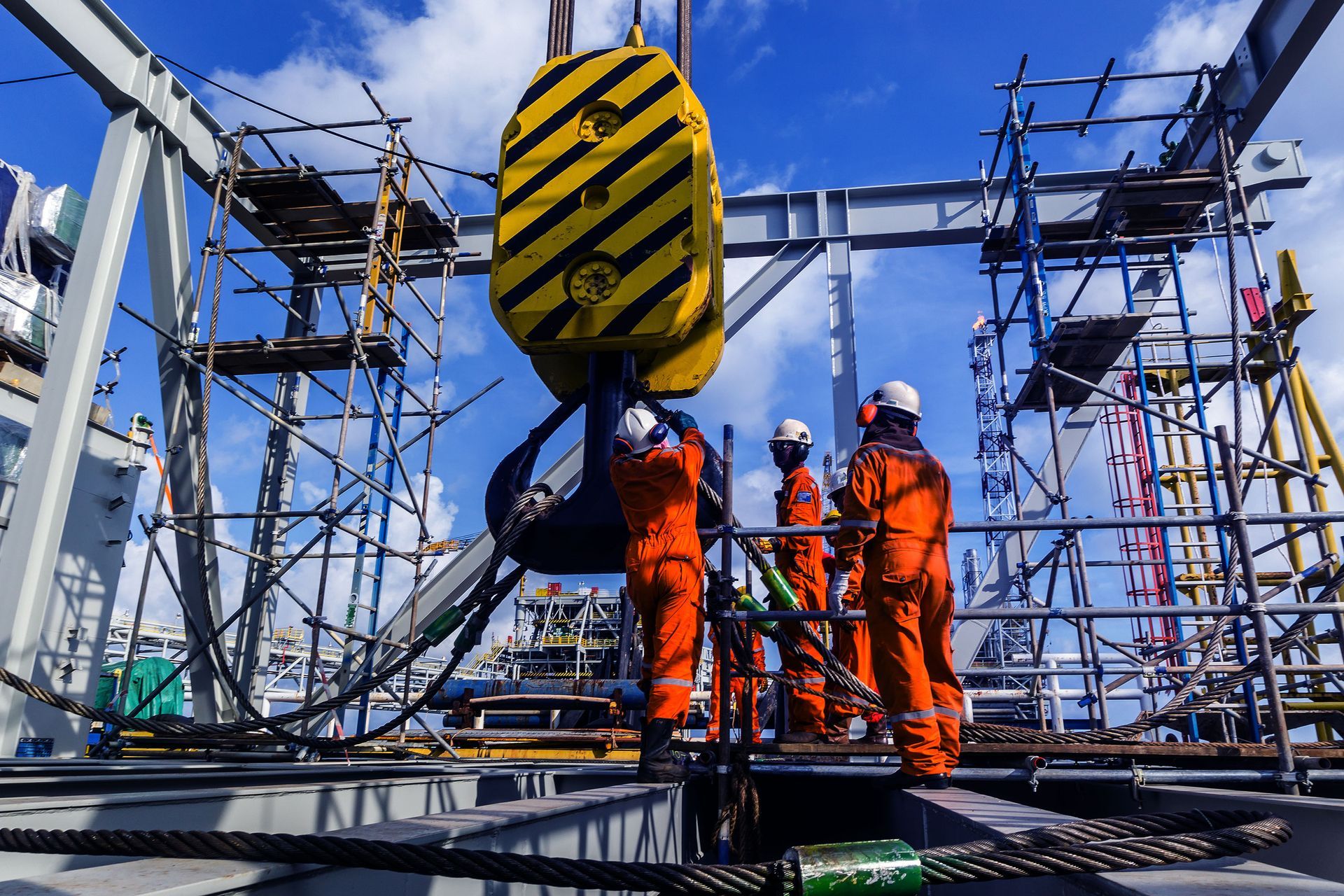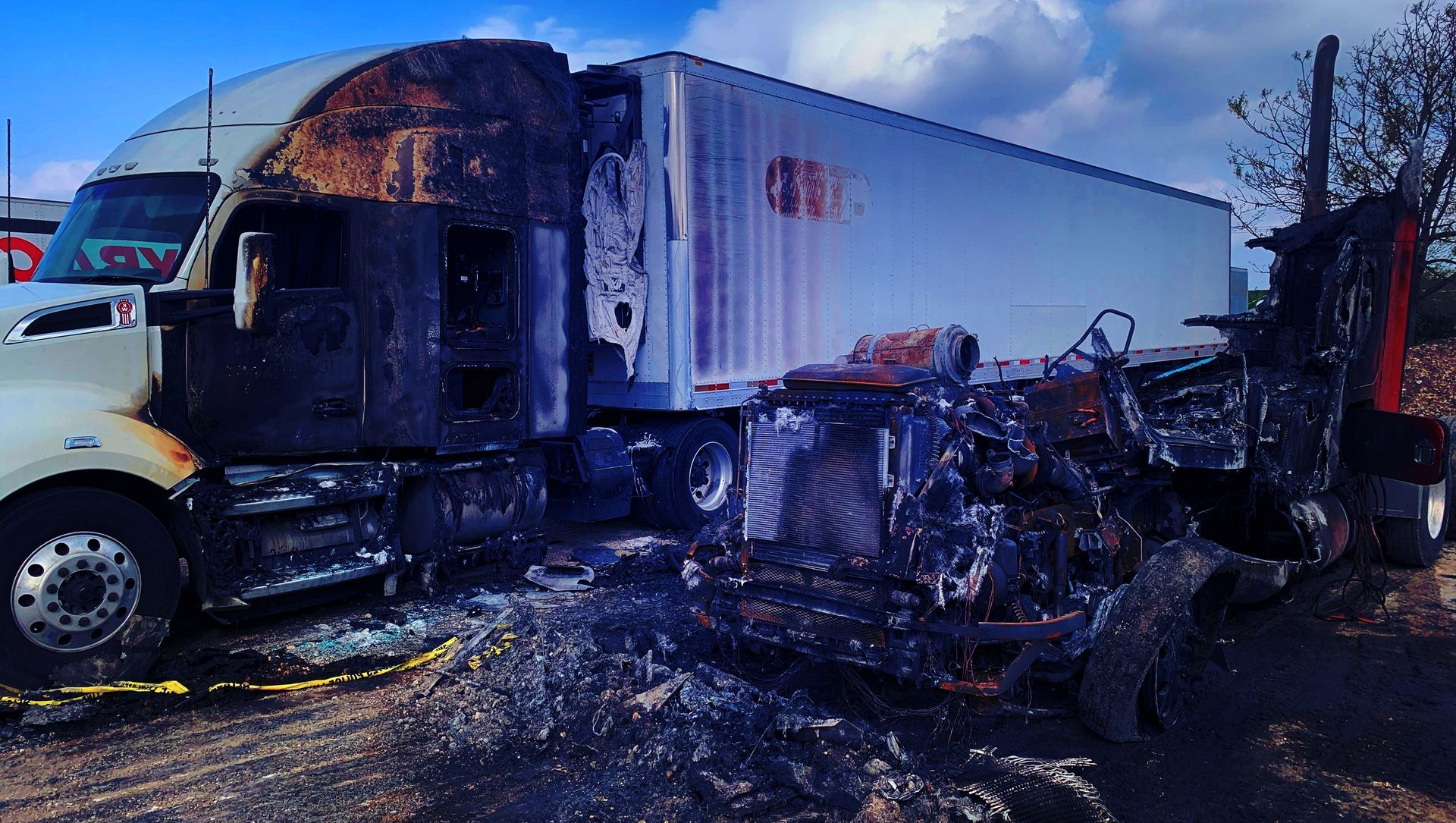Looking for a Jones ACt Lawyer to represent you?
Jones Act Injury Lawyer : Maritime Accident Attorney
INJURED AT SEA? UNDERSTANDING YOUR RIGHTS UNDER THE JONES ACT**
Are you a seaman who has been injured on the job? If so, you may be buried under a pile of medical bills and facing a long period of disability, or in the worst case, you may never be able to return to work, making it essential to contact a Jones Act lawyer. Offshore occupations on fishing boats, tankers, cargo ships, and oil rigs are among the most dangerous of all types of employment. Potential hazards to those working at sea are:
- wet, slippery decks causing falls
- ship going aground
- capsizing or sinking vessel
- explosions and fires
- collisions with other vessels or structures
- shifting cargo
- falling overboard
** The Jones Act and the Death on the High Seas Act (DOHSA) are two distinct U.S. federal laws that address different aspects of maritime law, particularly concerning the rights of seamen and their families in the event of injury or death. The Jones Act specifically covers seamen employed on vessels, while DOHSA applies to anyone who dies on the high seas, regardless of their occupation.
Jones Act
- Purpose: The Jones Act, formally known as the Merchant Marine Act of 1920, primarily provides protections for seamen who are injured or killed in the course of their employment. It allows them (or their families) to seek compensation from their employers for injuries or death resulting from negligence.
- Scope: The Jones Act applies to seamen working on vessels that are in navigation, including ships, boats, and other types of watercraft. It covers injuries that occur while the seaman is performing duties in service to the vessel.
- Claims: Under the Jones Act, a seaman or their family can file a lawsuit against the employer for damages due to negligence. The compensation can cover lost wages, medical expenses, pain and suffering, and more.
- Negligence: A key aspect of the Jones Act is that it requires the injured party to prove that the employer's negligence contributed to the injury or death, even if it was only a small part of the cause.
FREE Jones ACt CASE CONSULTATION
Take advantage of the free case review by an experienced Jones Act attorney at Gordon & Elias LLP to learn what options are available to help you win a monetary recovery for your injuries. We have extensive experience handling Jones Act maritime accident cases throughout the US. We will give you the attention you deserve. Call for an appointment today. We have an office in Houston as well as a Rio Grande Valley office in Edinburg, Texas.
NO UPFRONT FEES
After a serious maritime injury, do not wait to contact a Jones Act injury attorney. An experienced maritime attorney from Gordon & Elias, LLP will review your case and explain your rights for free. Most personal injury lawyers handle cases on a contingent fee bases. Therefore our consultation is free, but a percentage on the amount recovered, usually 33.33%, will be taken as your Jones Act attorney's fee.
Contact Gordon & Elias, LLP today to learn how we can help you recover the compensation you deserve. The consultation is completely free. We handle all the costs of investigating and pursuing your claim, and you only pay us if we recover money for you.
Do not immediately accept an insurance settlement if an insurance company contacts you.
We strongly advise you to first speak with a Jones Act injury lawyer Call us at 800.773.6770
to discuss the details of your accident and injury claim right away. We can provide trustworthy legal advice and guide you through the rest of the steps toward obtaining fair and full financial compensation.
TYPES OF MARITIME INJURIES
Maritime work is hard physical work that exposes you to many types of injuries: neck and back injuries, head injuries, amputations, drowning, hypothermia, crush injuries, fractures, lacerations, and contusions, and death. Being injured at sea is especially problematic because accidents so often occur at a great distance from the nearest medical facility.

An owner or master of a seagoing vessel is therefore held to a high standard of care for the safety of employees. If your accident was even partially caused by the owner or master of the vessel where you were working at the time of your accident, you are entitled to sue to recover compensation for your damages under the Jones Act. You can sue for compensation even if your injury was not incurred while you were actually working but say, for example, when you were off duty but living on the vessel, or if you were injured while entering or leaving the vessel.
WHAT CONSTITUTES NEGLIGENCE ABOARD A SEAGOING VESSEL?
Maritime injuries in the Gulf of Mexico are often the result of some negligent act or failure to maintain reasonable safety standards by the employer or some other party. Some acts or omissions that can be considered negligence on a ship include:
- Failing to maintain vessel and equipment in a safe condition
- Failing to employ competent workers
- Issuing improper orders
- Operating the vessel in dangerous weather
- Failing to supervise workers properly
- Failing to maintain order leading to assaults at work
- Requiring excessive hours of work
- Failing to rescue
- Failing to provide medical treatment
FEDERAL LAW TO PROTECT SEAMEN
The Jones Act is legislation passed in 1920 that extended the Federal Employer’s Liability Act (FELA), originally aimed at railroad workers, to provide seamen some protection in the event they are injured on the job. It gives the right of “maintenance and cure,” which is the value of the seaman’s room and board at sea, plus medical treatment. It also gives a seaman the right to recover other damages in a law suit.
Unlike Worker’s Compensation, which requires a worker to forgo the right to sue an employer in exchange for the right to no-fault benefits, the Jones Act allows you, as a seaman, to sue your employer using a pure comparative fault approach, which allows you to recover compensation if the employer is even slightly at fault.
Another beneficial feature of the Jones Act is referred to as “joint and several liability,” which essentially allows you to hold your employer liable for all of your damages attributable to all parties other than yourself.
And finally, you can select the forum in which your case will be heard. You have the option of choosing either a federal or state court. The employer has no say in the venue and must accept your decision.

PROVING A JONES ACT CASE


You should always work with an experienced Jones Act lawyer if you’ve been injured working at sea, because these cases are very different from regular personal injury or Workers’ Compensation cases and can become complicated.
First, you have to show that you are eligible to make a Jones Act claim. You are entitled to the protection under the Jones Act if you can show that you spent substantial time—which usually means at least 30 percent of your work time— on board a vessel or fleet in navigable waters, and you must show that you contributed to the mission of the vessel and that your connection to the vessel was substantial. You’ll need to prove that the defendant was negligent, that you were injured, and the negligence was a cause of your injury. You’ll have to provide medical records, earnings records, and documentation of all of your damages.
DAMAGES ALLOWED UNDER THE JONES ACT
The Jones Act allows you to claim current and future medical and rehabilitation expenses related to your injury, loss of wages, pain and suffering, and mental anguish, and diminished quality of life.
In wrongful death cases, a widow and/or dependents can claim loss of nurture and support, loss of fringe benefits, and loss of value of household services. The employer can also be held liable for a deceased seaman’s pain and suffering occurring prior to death from the accident, as well as medical expenses, and funeral expenses.
The Jones Act injury lawyers at Gordon, Elias & Seely, LLP, have decades of experience assisting clients who have suffered injuries covered by the Jones Act and are committed to protecting your rights and recovering the compensation you and your family deserve.
We have a reputation of bringing respect, professionalism and a personal touch to every Jones Act injury claim we accept.
Every state limits the amount of time you have to file a claim.
Don't Delay.
Contact the Attorneys at Gordon & Elias, LLP Today to preserve your right to a recovery.
Contact Us
We will get back to you as soon as possible.
Please try again later.
100% FREE CASE EVALUATION
Free Consultation • No Fee If No Recovery



